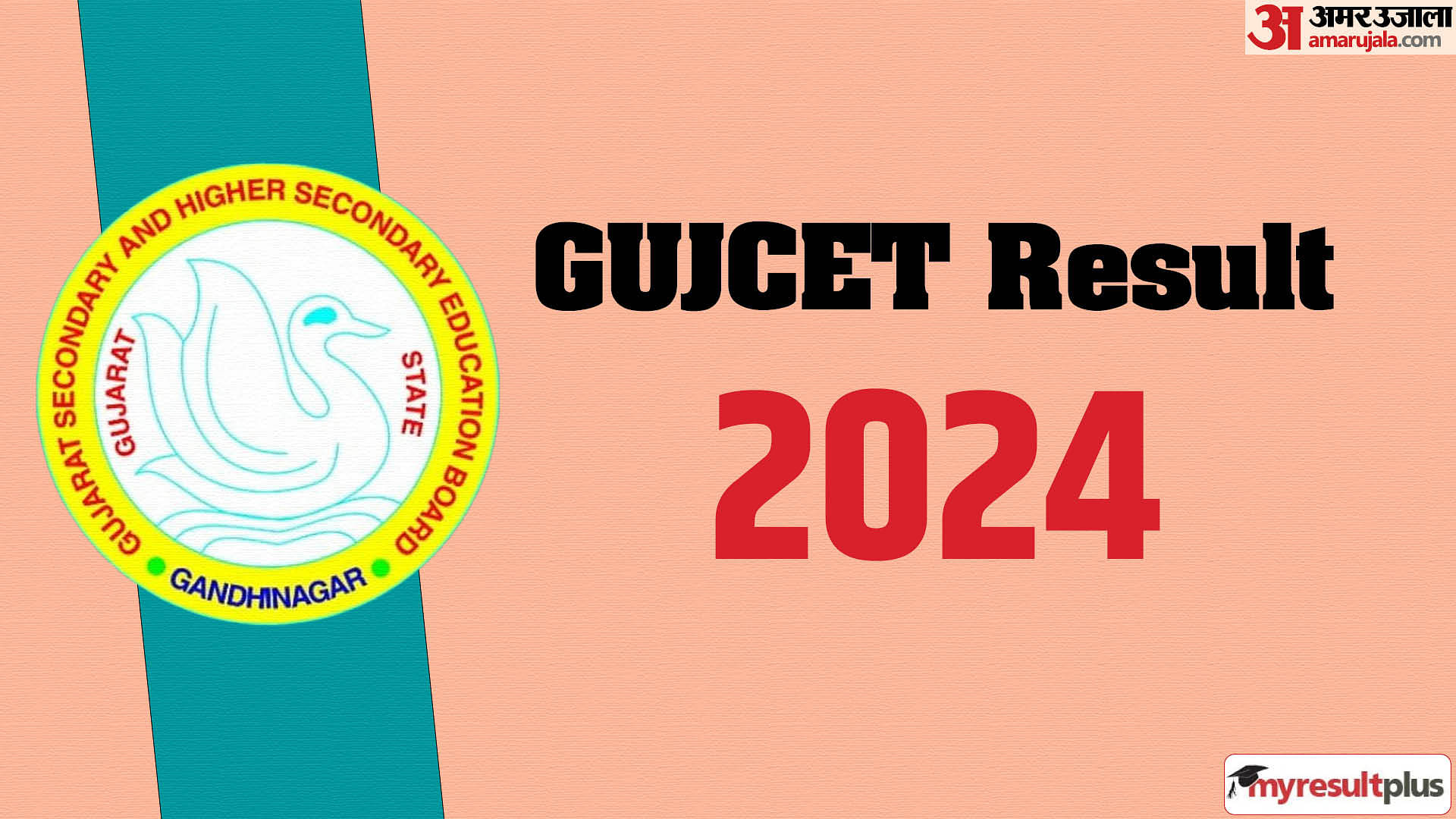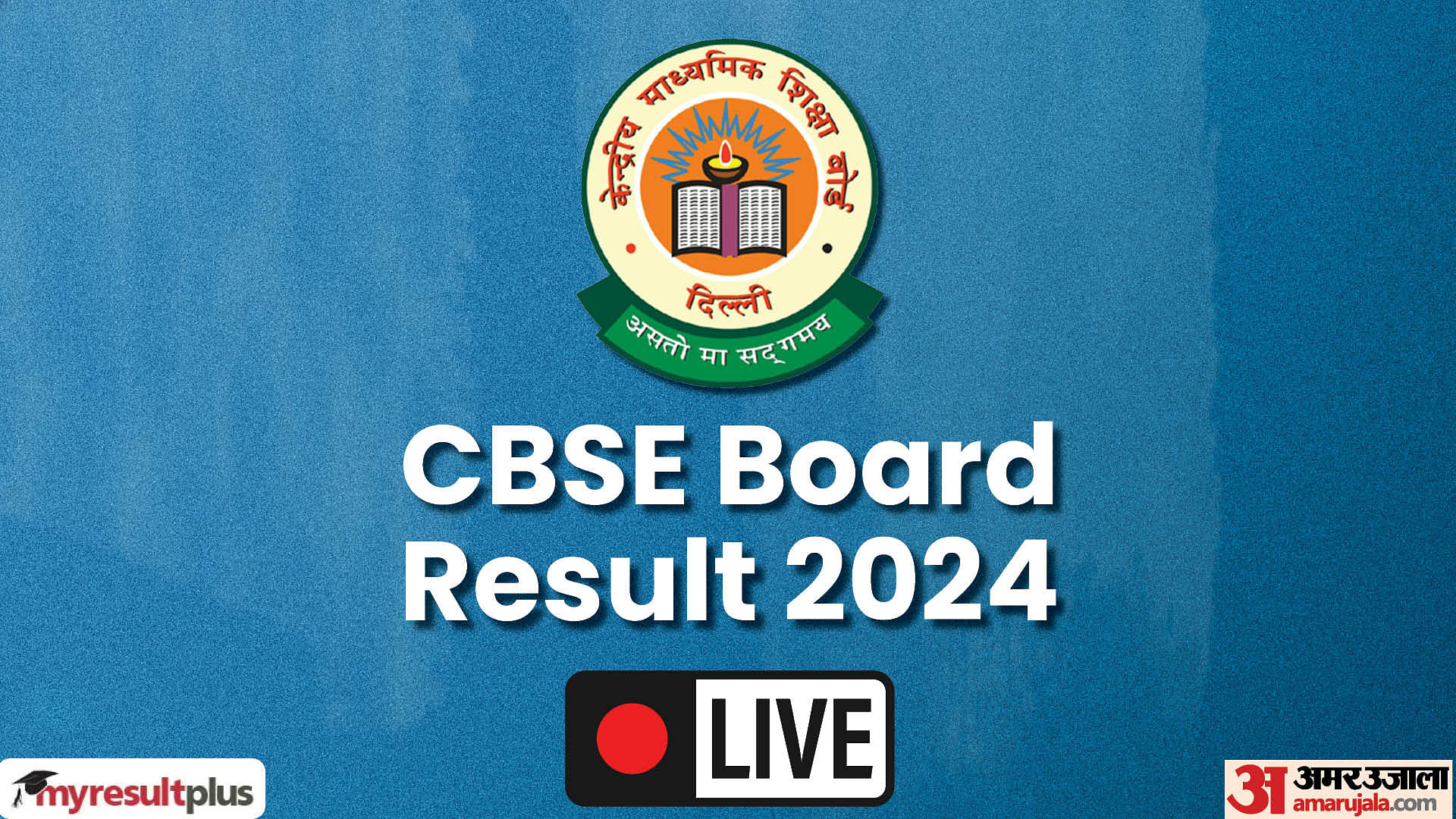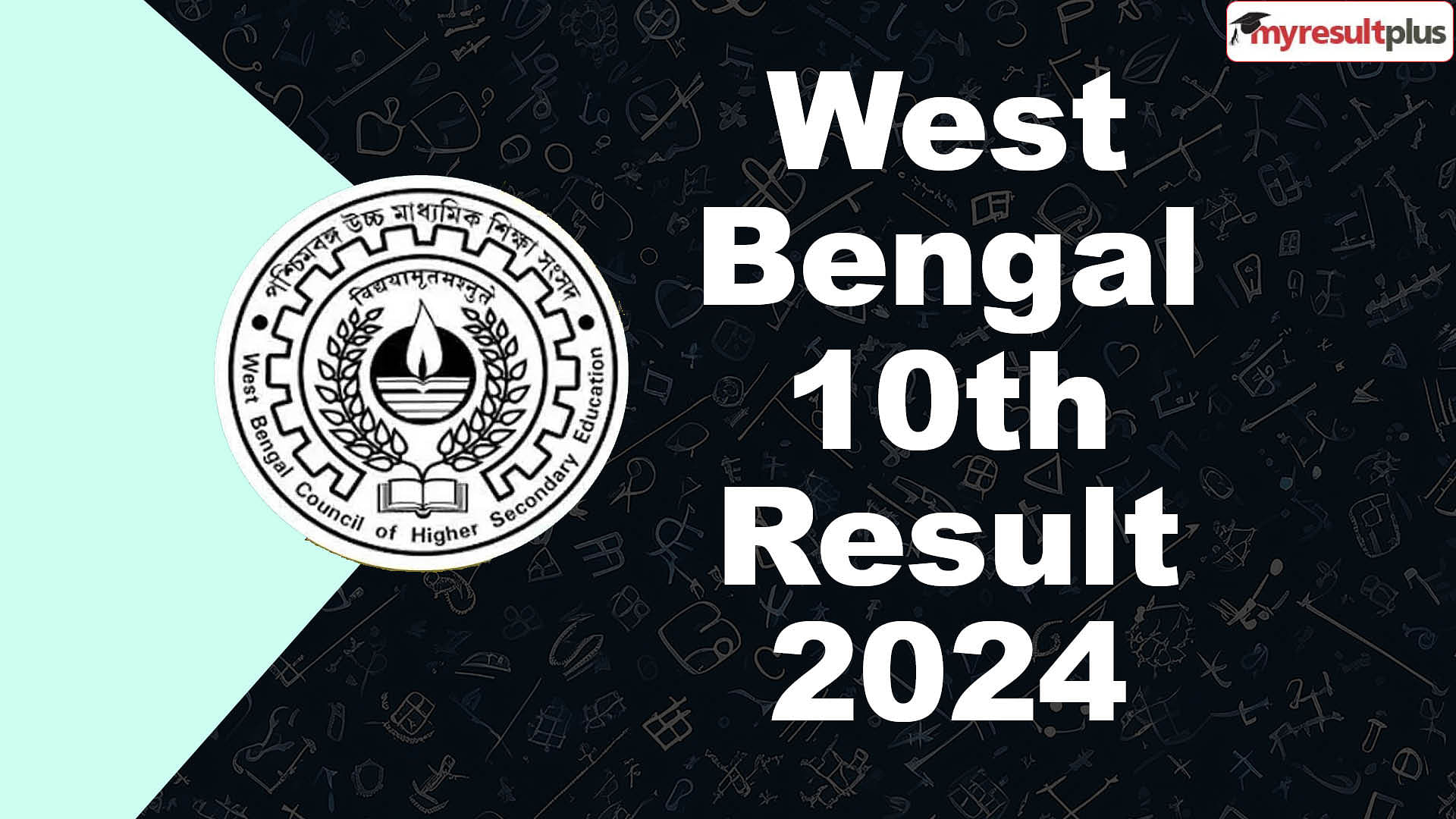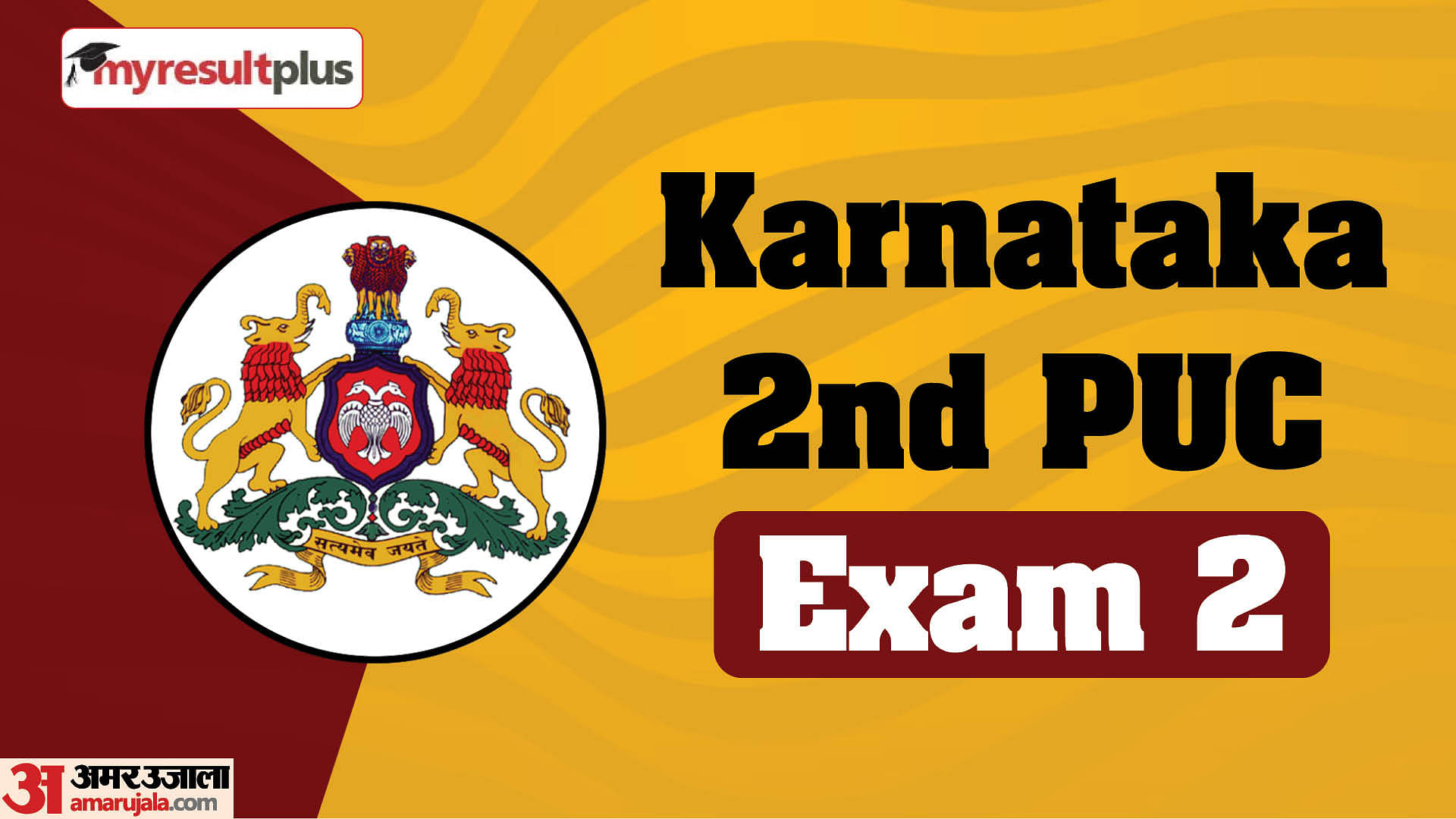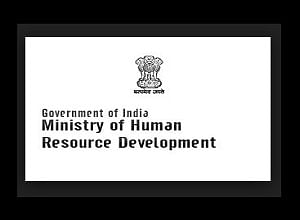
MHRD
The University Grants Commission (UGC) has recommended the HRD Ministry to grant deemed university status to the Indian Institute of Mass Communication (IIMC).
The institute, one of the prestigious journalism schools in the country which functions under the Ministry of Information and Broadcasting, offers diploma courses in journalism, advertising and public relations.
The UGC had last year formed a four-member committee headed by BK Kuthiala, the vice-chancellor of Makhanlal Chaturvedi University, Bhopal, to analyse the proposal by the IIMC.
“Based on the committee’s recommendation and inspection team’s feedback the UGC has recommended that the ministry should issue a Letter of Intent (LoI) to the journalism school under the ‘De Novo’ category. The status will enable the institute to grant degrees instead of diplomas,” a senior UGC official said.
'De Novo' refers to an institution which focuses on teaching and research in emerging areas of knowledge.
The idea to grant deemed university status to the IIMC is not a new one. The Information and Broadcasting Ministry had also approved the plan in 2016.
The IIMC has expanded from two campuses in Delhi and Dhenkanal to six campuses across the country Jammu, Amravati, Kottayam and Aizawl over the last five years.
During a review of higher education institutes by the Niti Aayog in June, it was recommended that the IIMC be merged with either Jawaharlal Nehru University's Centre for Media Studies or Jamia Millia Islamia's AJK Mass Communication Research Centre.
However, the institute, as well as the information and broadcasting and the HRD ministries, had rejected the idea.
About IIMC:
Mass Communication has emerged as a major area of interest and has immensely contributed to the development & empowerment of society.
As an academic discipline, it has rapidly acquired importance and become a major attraction for students.
The information technology revolution has significantly contributed to the expansion of mass media.
It has also posed major challenges for students, teachers and practitioners of mass media.
The rapidly evolving technology scenario is changing the very complexion of the discipline in a manner unknown to any other area of academic activity.
It is a challenge which we accept as an essential part of life at IIMC.
The IIMC Society, an autonomous body registered under the Societies Registration Act 1867, runs the Institute.
It is funded by the Government of India through the Ministry of Information and Broadcasting, Govt. of India.
The Institute has a Governing Body, the Executive Council, headed by a Chairman, with the Director General of the Institute, representatives of the faculty and eminent media persons as members.


